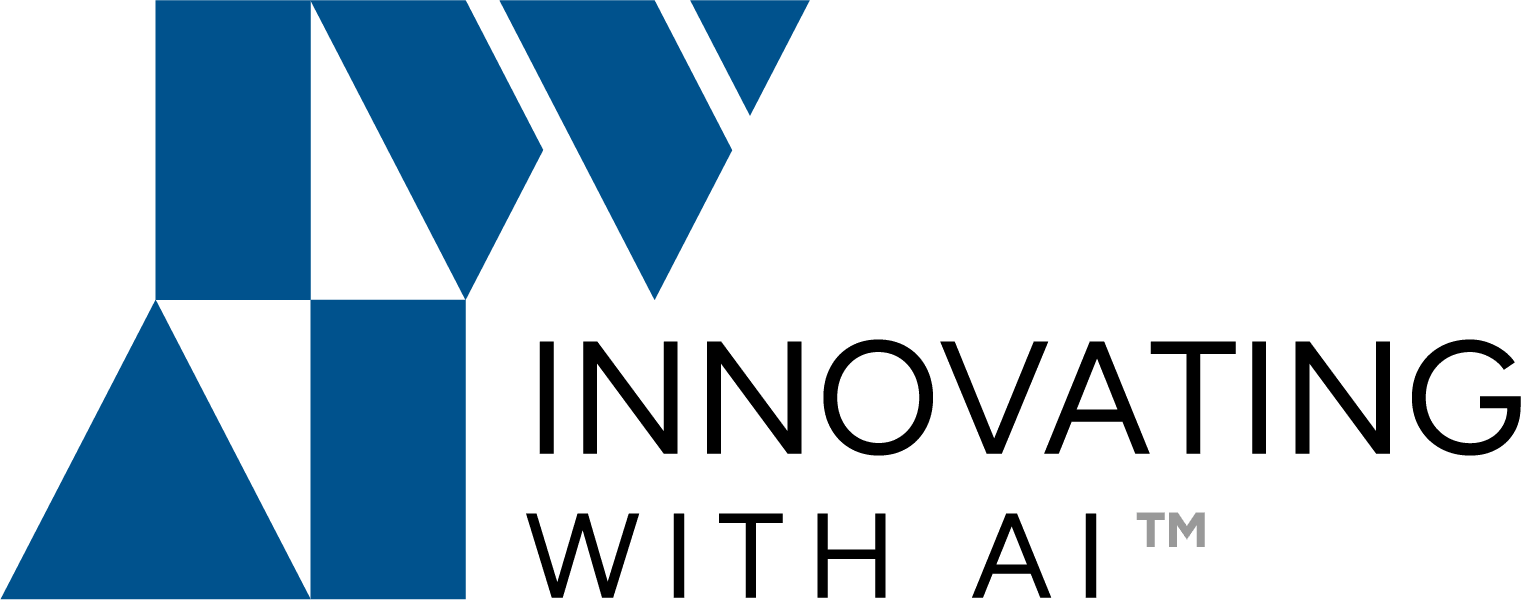Whenever there’s new and innovative technology, it’s not uncommon to encounter concerns that one or more demographics could fall behind in usage. This holds true with the growth of AI; there has been a rise in discussion, or at least marketing, about women in business who could run the risk of losing out on AI’s many benefits. Whether it’s using AI for their small business or being able to engage in discussions related to the technology consistently, some wonder if this represents another area of professional life where women are more likely to miss out.
Rather than simply assuming this is true, it’s important to look at the facts and consider an alternative explanation: It might not be that women professionals are getting left behind, but rather, AI marketing efforts are using engagement methods that are a little outdated.
Women and AI: Statistics vs. perception
According to a February 2023 study released by Pew Research, some demographics were more knowledgeable about AI uses than others. Individuals under 50, those holding a post-graduate degree, and those with higher incomes tended to score higher in terms of AI technology awareness. The same research found that 38% of men got all six questions right regarding AI tech usage, versus 23% of women respondents. Women responding were more likely to answer “not sure,” which contributed to the lower percentage score.
Another study, this time by MITRE and Harris Poll, found a trust gap between men and women, with 40% of women expressing trust in AI technology versus 51% of men. The reaction to these results was that they were unsurprising, as women are thought to have less engagement with technology overall and so are less knowledgeable. While these perceptions are based on detailed research, it is important to remember that the mistrust that some demographics feel about AI could be based on a fear of it eliminating their industry or careers.
Women professionals are not incapable of understanding the technology, but rather may be predisposed to taking a step back from it for professional or ethical reasons. Getting women on board with the AI boom might require an empathetic understanding of their misgivings. Likewise, it’s important to emphasize the use of technology that opens, rather than closes, potential career paths. Perception of women falling behind in AI may also lead to engagement methods that, even if not meant, could ultimately miss the mark with women professionals.
Don’t do this when marketing to women professionals
“While you’re struggling, she’s getting promoted. The difference? She knows how to use AI to work smarter, not harder.” This LinkedIn campaign for the Assist aimed to engage women professionals and encourage them to subscribe to a newsletter that would provide them with a comprehensive introduction to AI technology. The advertisement leaned into a toxic corporate trope of pinning women against each other, rather than considering how both parties might use the technology collaboratively to rise together.

Some commenters called out the ads as sexist and condescending. Patricia Sullivan, the Director of Content & Editorial at Kellen, wrote, “Women do not need to have their hands held to learn how to use technology. Stop acting like we’re too feeble-minded to understand how to operate technology.” Marketer Erika K. simply asked, “Who approved this ad?”
However sincere the marketing team for the Assist might have been, this misstep might have done more to get women to mistrust AI technology rather than seeing the technology as a viable series of tools and a bright way forward in their careers. Getting women on board with the AI boom doesn’t mean tapping into a fear of missing out, or exploiting “fear” at all.
Jen Gennai, the Non-Executive Director & Head of Responsible AI for T3 Consultants, kept her advice for women wanting to know more about AI very simple and straightforward: take action. “My advice to people is like, get into it. Get started. Whether it’s studying ethics modules or philosophy in an undergrad, if you’re already out [of] school, it’s about taking courses.”
Instead of marketing to women about AI using language that taps into negative stereotypes or treats women as incapable, it’s best to acknowledge the strengths and capabilities of your female audience and how your AI product or knowledge base can help make their businesses and careers even better.
Remember that “gap” doesn’t translate to absence
During our interview, I had the opportunity to congratulate Gennai, who was honored by the Women In AI as the Responsible AI Leader of the Year. “I really appreciate the group for recognizing me… given all the other amazing people who were nominated as well,” she responded graciously.
But a disconcerting aspect of the conversation around the AI boom gender gap is that it seems to ignore how many capable women are already navigating the space, using their knowledge to not only advance the technology, but to do so in an ethical and responsible way.
Gennai, who is among the leading voices about ethical AI usage, acknowledged her passion, but also the related challenges. “There are roadblocks… not just from a kind of culture change, organizational person change perspective, but if both the technology is moving really quickly and the various factors are moving quickly, [it] can sometimes feel overwhelming. But it’s so deeply important to try and get this right and to get more people into it.”
Given the presence of women like Gennai in the AI space, it’s worth noting that one effective way to bridge the gender gap in AI is to treat individuals as equals, rather than categorizing them by gender, age, or education. Gennai is careful to use inclusive language, a solution that marketers and business owners might be overlooking when trying to engage women professionals as potential customers.
Women are already aware of the gaps in business and technology. The first step towards inclusion might not be to remind them of what they already know, but to engage them with how such deficits can be eliminated using AI technology. When you’re marketing your AI business or apps to women, you should be mindful that you’re marketing to people, not perceptions or biases.


